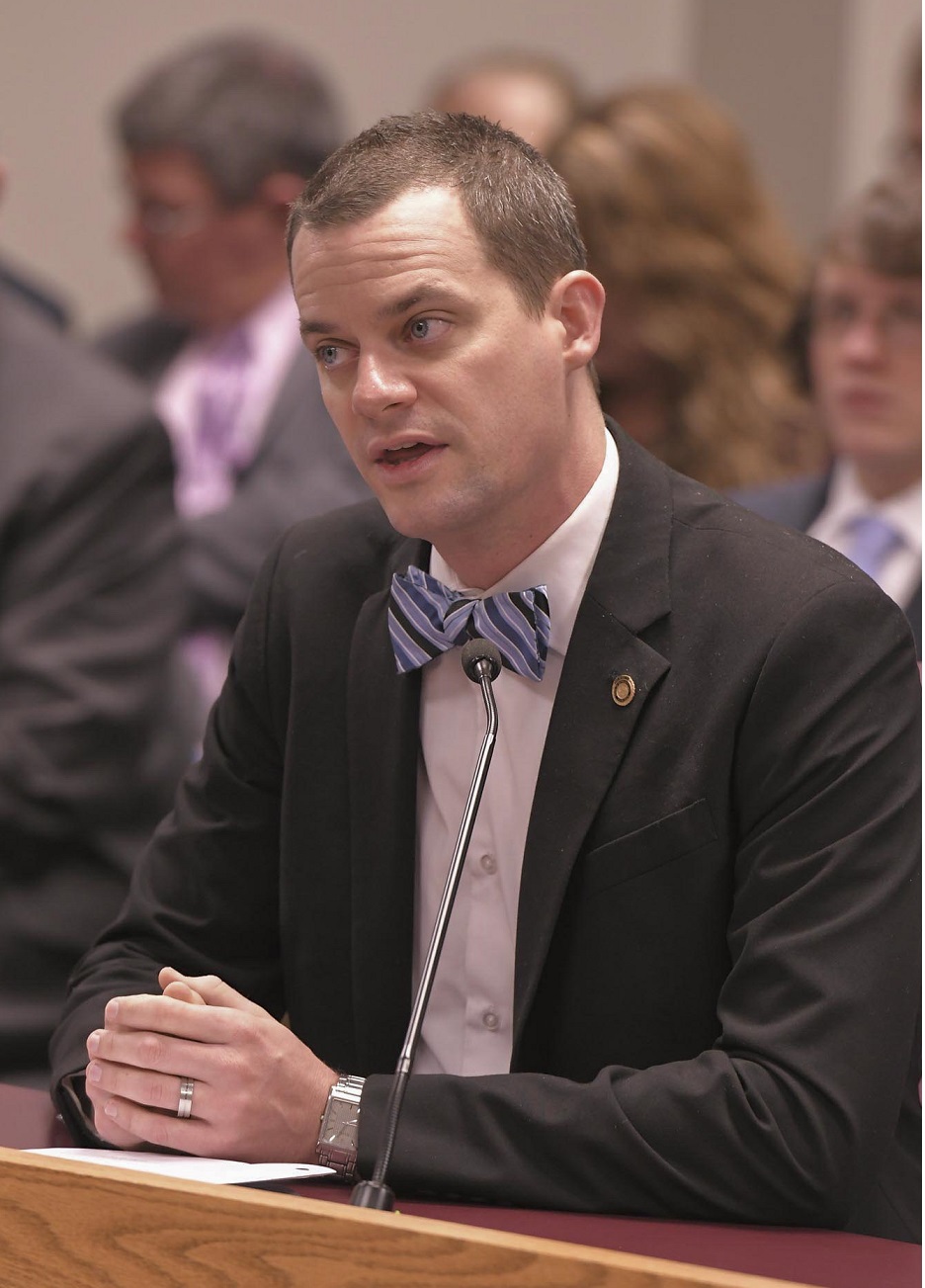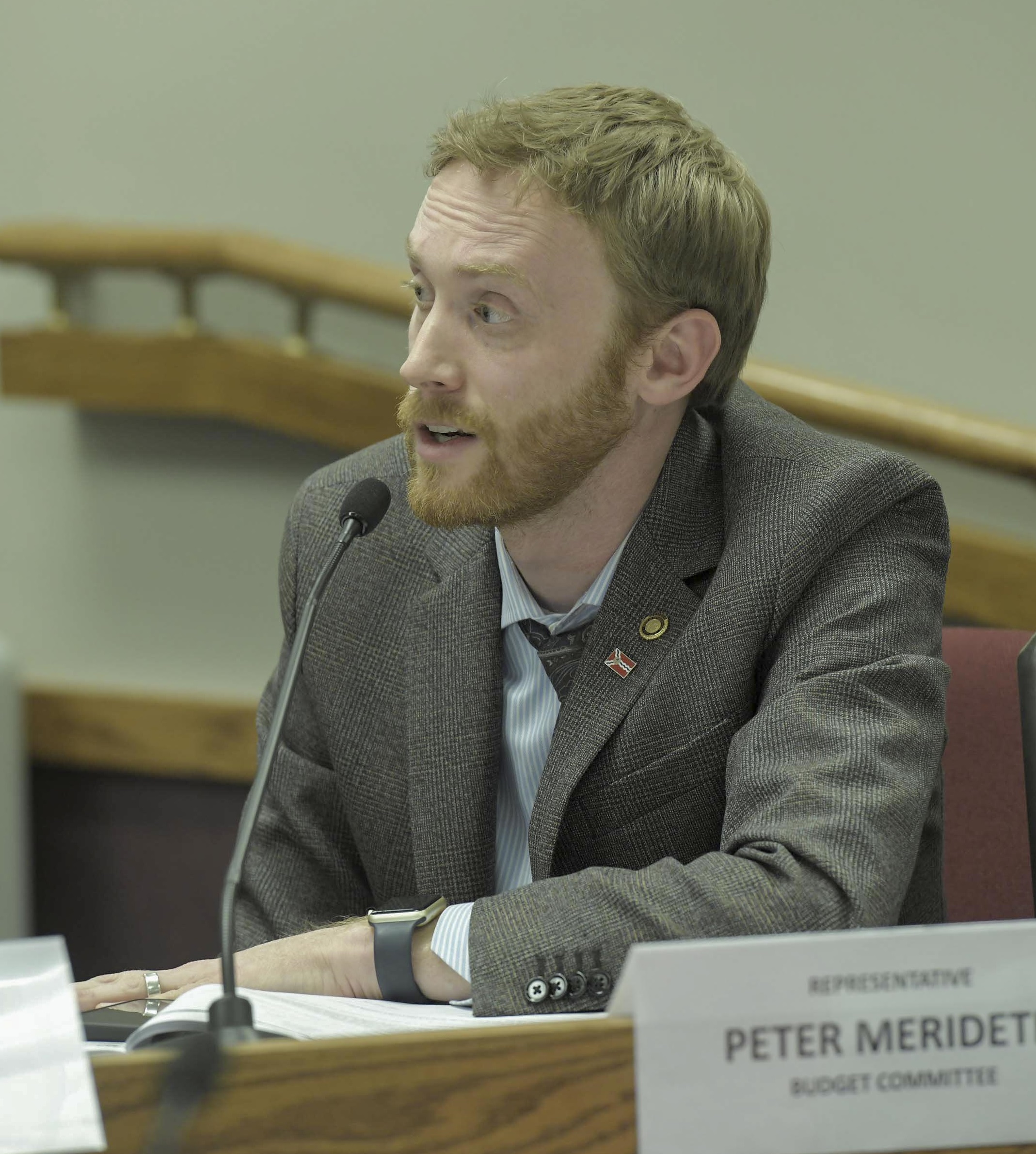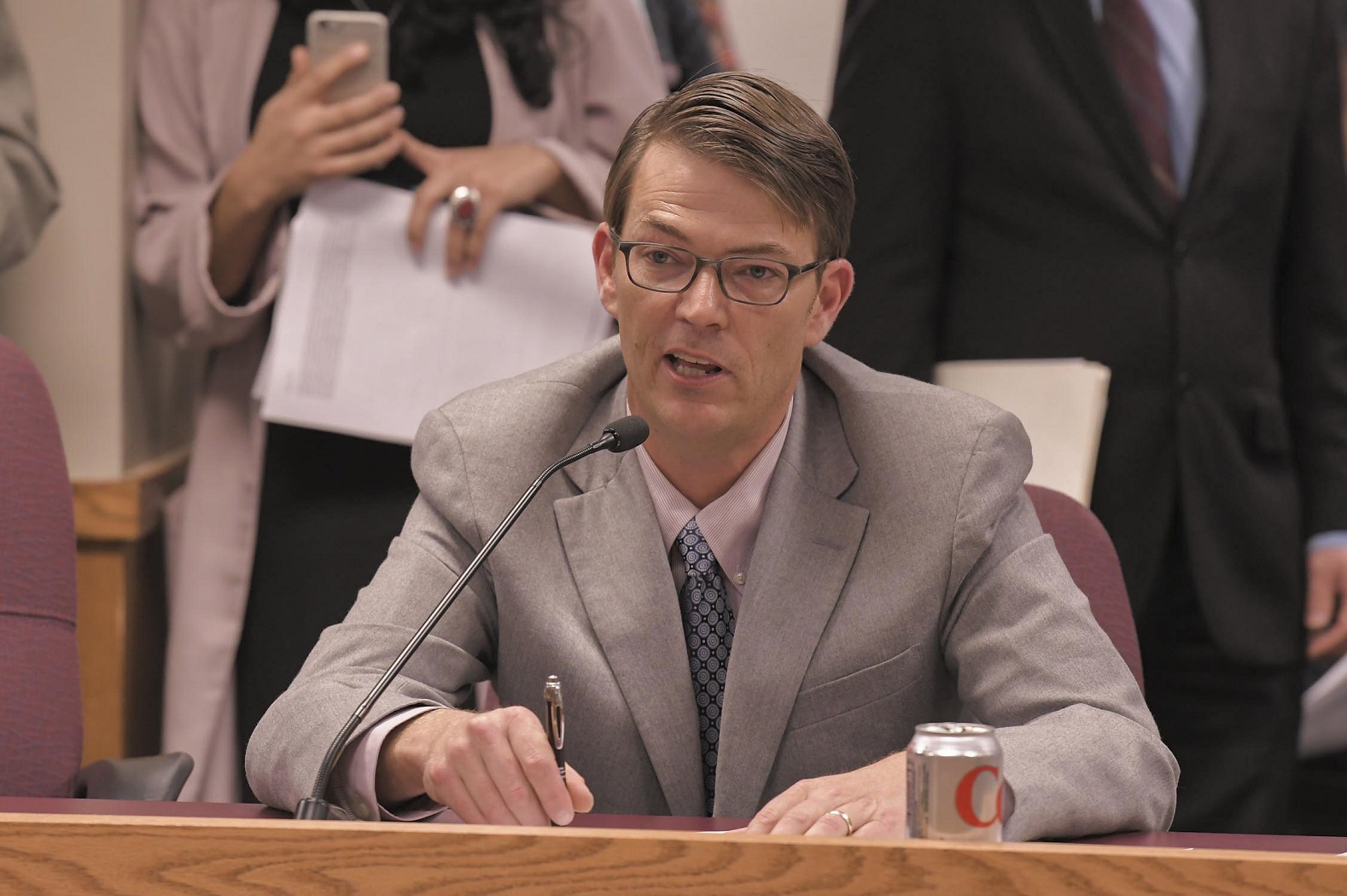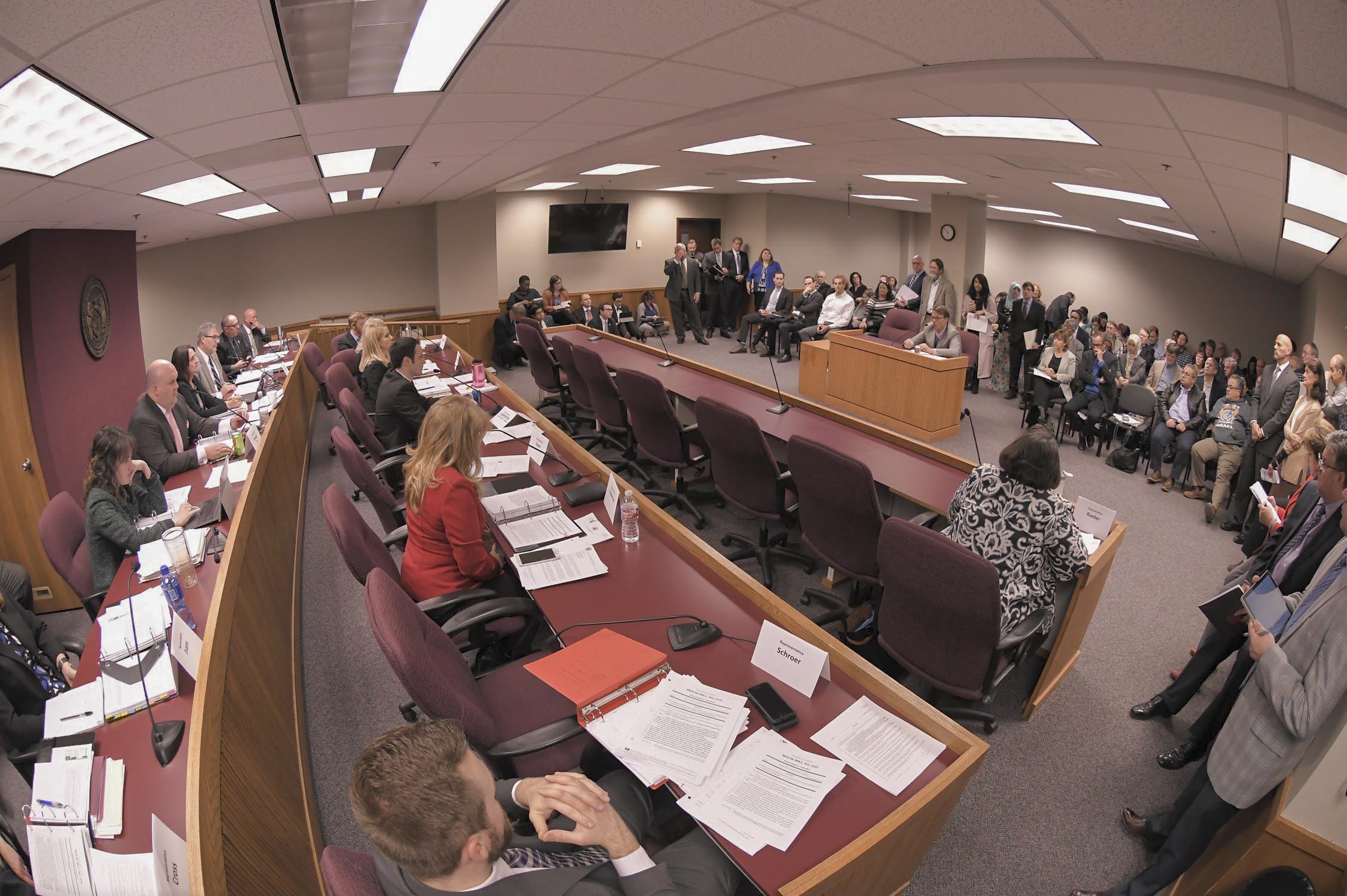The House Budget Committee has proposed a state spending plan that would continue to keep state-appropriated funds from going to impaired driving checkpoints.

Last year the House proposed that $20-million made available for grants to law enforcement agencies not be allowed for use in checkpoints. That proposal became part of the final budget plan for the fiscal year that began July 1, 2017. Law enforcement agencies can conduct checkpoints but have to find other ways to pay for them.
The idea was controversial but has the backing of House Budget Committee Chairman Scott Fitzpatrick (R-Shell Knob), who cited data from the Department of Transportation showing saturation efforts – periods of increased law enforcement patrols on the roads – result in more arrests per dollar.
Representative Kathie Conway (R-St. Charles) remains adamant in her opposition to the prohibition. She proposed letting $500,000 be used on checkpoints in the Fiscal Year 2019 budget, and argued that checkpoints are effective.
“Checkpoints are not really used to catch drunk drivers and impaired drivers. They’re mostly to make the public aware of the risk of being caught,” said Conway. “There’s been ten studies reported in five separate papers that the impact of sobriety checkpoints showed relative decrease in alcohol-related crash fatalities of 9-percent, and that’s just the fatalities. Two of these studies showed a decrease of 64-percent in one and 28-percent in the other of blood alcohol content above the legal limit.”
Those who supported barring state-appropriated funds from going to checkpoints last year stood by their decision. Representative Justin Hill (R-Lake St. Louis) said what’s happened in the last year shows it was correct.
“We were pretty confident last year when we spoke about focusing this fund to methods that work and actually remove drunk drivers off the road because after all, that is the goal – to arrest drunk drivers and get them off the road to make our roads safer,” said Hill. “In the first six months, without using these funds to use checkpoints, we saw an increase of 15-percent statewide in DWI arrests, and you know some may say that’s kind of a long shot to say that’s due to the lack of checkpoints, but I truly believe that sometimes this body has to make tough decisions to force the hand to do what not only is right, but to do what’s effective and efficient.”
Representative Peter Merideth (D-St. Louis) supported the partial opening up of state funds to checkpoints. He said he believes checkpoints are effective, at least when used in conjunction with other things like saturation efforts. He also believes checkpoints are fairer.

Many backers of the prohibition on state funds being used for checkpoints say checkpoints are unconstitutional because vehicles are stopped without probable cause. Yukon Republican Robert Ross said while he supports law enforcement and knows Conway does too, he said the issue is one of due process.
The committee rejected Conway’s amendment. If that decision stands through the completion of a budget proposal for Fiscal Year 2019, the prohibition on state-appropriated funds being used for checkpoints would continue. Conway said she would continue to try to lift it.
“I’ve stood in crowds of 200 and 300 police officers that were going out to do saturation and/or DUI checkpoints. They’re very enthusiastic about their programs. I’ve stood and talked with parents and spouses and children of people that were killed by drunk driving and they’re very supportive of DUI checkpoints; in some places it’s up to a 70-percent approval of the citizens where checkpoints are used,” said Conway. “For some it simply boils down to a constitutional issue and their minds will not be changed, but I think it’s also – since it has been found constitutional under both Missouri and United States Supreme Courts – that until that changes we have to go with the constitutionality of it, and I must say that public safety is always at the forefront of most things that I do.”
The full House, when lawmakers return from spring break next week, will debate the proposal that was passed out of the chamber’s Budget Committee. The issue could be debated again then.







